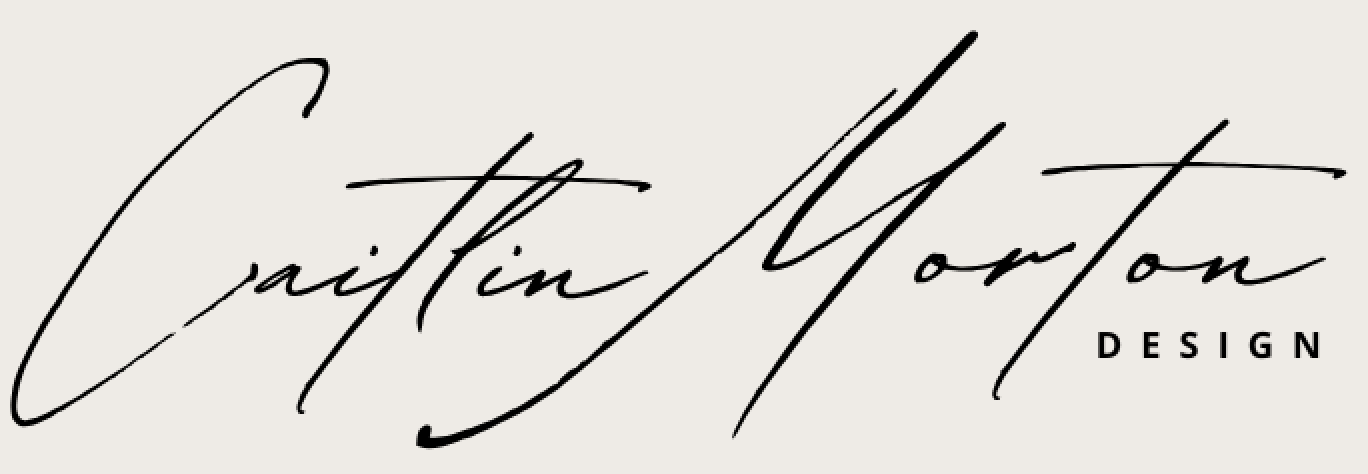How to Budget for Design in a Flip: A Real Estate Investor’s Guide to Maximizing ROI
Flipping a house isn’t just about fixing what’s broken — it’s about creating a design-driven result that sells fast and at top dollar. But how do you make bold design choices without blowing your budget?
In this post, I’m breaking down exactly how much you should spend on design, how to divide that money room by room, and how to align your renovation budget with your After Repair Value (ARV).
Whether you're tackling your first flip or optimizing your next project, this free printable design budget tracker will keep you profitable and polished.
Start With Your Numbers
Before you start picking out tiles and paint colors, know this: your design plan should always be led by your numbers.
Here’s a simple framework to follow:
ARV (After Repair Value): $_________
Total Renovation Budget (15–25% of ARV): $_________
Design Finishes Budget (40–60% of Reno Budget): $_________
Example: If your ARV is $500,000, your reno budget might be $100,000 (20%), and your design budget would fall between $40,000–$60,000.
Room-by-Room Design Budget Breakdown
Here's where your design money should go — strategically distributed by impact and buyer expectations:
Smart Design Budget Tips for Investors
Lock in prices for your anchor pieces (like cabinets or vanities) early.
Make all selections before demo begins to avoid costly delays.
Use a digital or printable tracker to monitor every spend category.
Always include a 10–15% contingency buffer in your budget.
Splurge where it counts: kitchens, primary suites, and curb appeal.
Download the Free Design Budget Tracker
Want to plug in your real numbers and stay on track?
Download my printable Design Budget Tracker now — a tool I use on every project to keep myself, my contractors, and my design plan aligned.
👉 Download the FREE Tracker (PDF)
Bonus Resource
This post pairs perfectly with the Designed to Sell podcast episode:
🎧 How to Budget for Design in a Flip: Maximize ROI Without Overspending
→ Listen to the episode here


